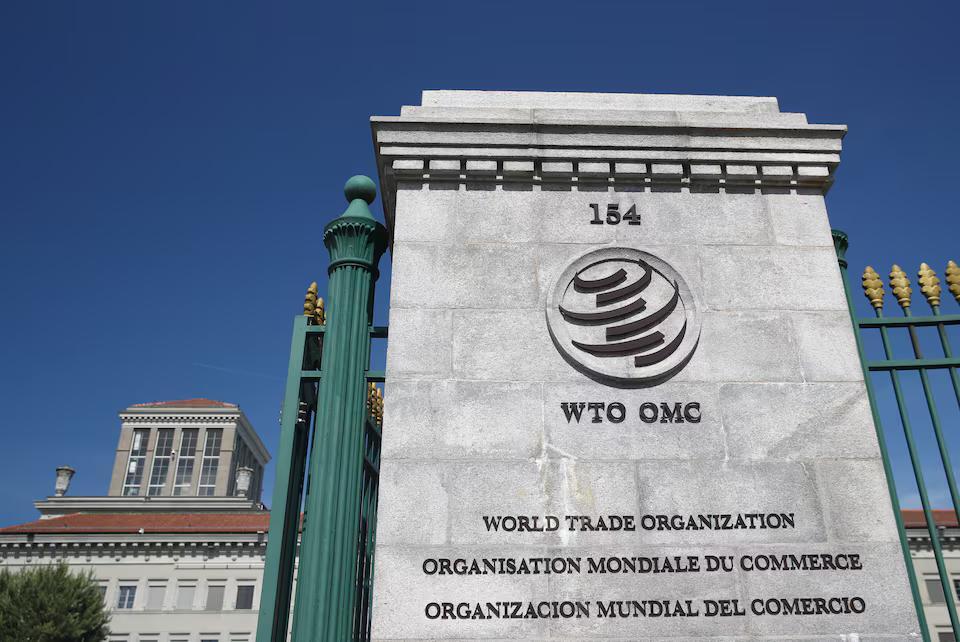
India Proposes Retaliatory Duties against US at WTO over Auto Tariffs
In a move that is likely to escalate the ongoing trade tensions between the United States and India, the Indian government has proposed retaliatory duties against the US at the World Trade Organization (WTO). The move comes in response to the US’ decision to impose a 25% tariff on automobiles and some auto parts, which India claims will affect a significant portion of its exports.
According to reports, India’s exports to the US are valued at around $2.89 billion, making it a substantial blow to the country’s economy. In a statement filed at the WTO, India said that it reserves the right to suspend concessions or other obligations that are substantially equivalent to the adverse effects of the US measure on its trade.
The US’ decision to impose tariffs on automobiles and auto parts is part of its broader effort to address what it claims are unfair trade practices by other countries. The US has been vocal about its concerns over India’s trade practices, including its high tariffs and lack of intellectual property protections.
However, India has been quick to push back against the US’ claims, arguing that its trade practices are in line with WTO agreements and that the US is simply trying to protect its own domestic industry. India has also pointed out that the US has its own trade barriers, including high tariffs on goods such as steel and aluminum.
The proposed retaliatory duties are likely to have significant implications for the auto industry in both countries. India’s auto sector is a major employer and contributor to the country’s economy, and any disruption to trade could have significant consequences for jobs and growth.
The move is also likely to put pressure on the US-India trade relationship, which has been strained in recent months. The two countries have been engaged in negotiations over a potential trade deal, but progress has been slow and there is still much work to be done.
India’s proposal to impose retaliatory duties is not the only move it has made to push back against the US’ tariffs. The country has also filed a dispute settlement case against the US at the WTO, arguing that the tariffs are inconsistent with WTO agreements.
The US has also filed a similar case against India, arguing that the country’s tariffs on certain goods are also inconsistent with WTO agreements. The two cases are likely to be heard by the WTO in the coming months, and could have significant implications for the global trade landscape.
In conclusion, India’s proposal to impose retaliatory duties against the US at the WTO is a significant move that is likely to have significant implications for the global trade landscape. The move is a response to the US’ decision to impose tariffs on automobiles and auto parts, and is part of India’s broader effort to push back against what it sees as unfair trade practices by the US.
As the two countries continue to negotiate over a potential trade deal, the proposed retaliatory duties are likely to put pressure on the US-India trade relationship. The case is also likely to be closely watched by other countries, which are also seeking to protect their own interests in the face of rising trade tensions.



